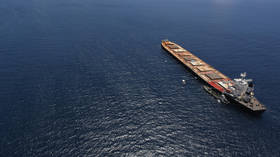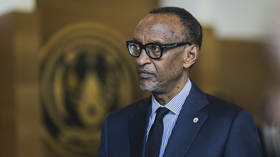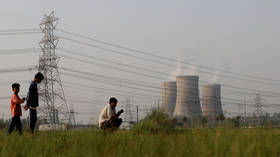Russian oil-price cap countermeasure comes into force

Russia has banned the sale of crude oil to parties that implement the West’s price-ceiling mechanism.
From February 1, Russian exporters are obliged to prevent any direct or indirect mention of the price-cap mechanism in contracts with their overseas clients at all stages of fuel delivery to the end customer.
If such a mention is discovered in a contract, the exporting company must inform Russian customs authorities and the Ministry of Energy, undertaking to revise the document to eliminate the violation within 30 days. Otherwise, the supply of Russian fuel under such a contract would be illegal.
The measure will remain in place until July 1, when the Russian government plans to take similar action in relation to a looming price cap on the country’s petroleum products.
The Russian energy and finance ministries are also currently working on the price-monitoring procedure for Russia’s oil exports, which is expected to be finalized by March 1.
The $60-per-barrel price cap on Russian seaborne oil exports was introduced by the EU, G7 countries, and Australia on December 5. The mechanism prohibits Western companies from providing insurance and other services to shippers of Russian oil unless the cargo is purchased at or below the set price. A similar measure targeting Russian petroleum exports is due to come into force on February 5.
Moscow views both measures as non-market-oriented and unacceptable, and has repeatedly warned that any steps taken by the West to affect Russian energy exports will inevitably backfire on the countries that implement them, triggering further energy inflation due to limited global supply.
For more stories on economy & finance visit RT's business section













